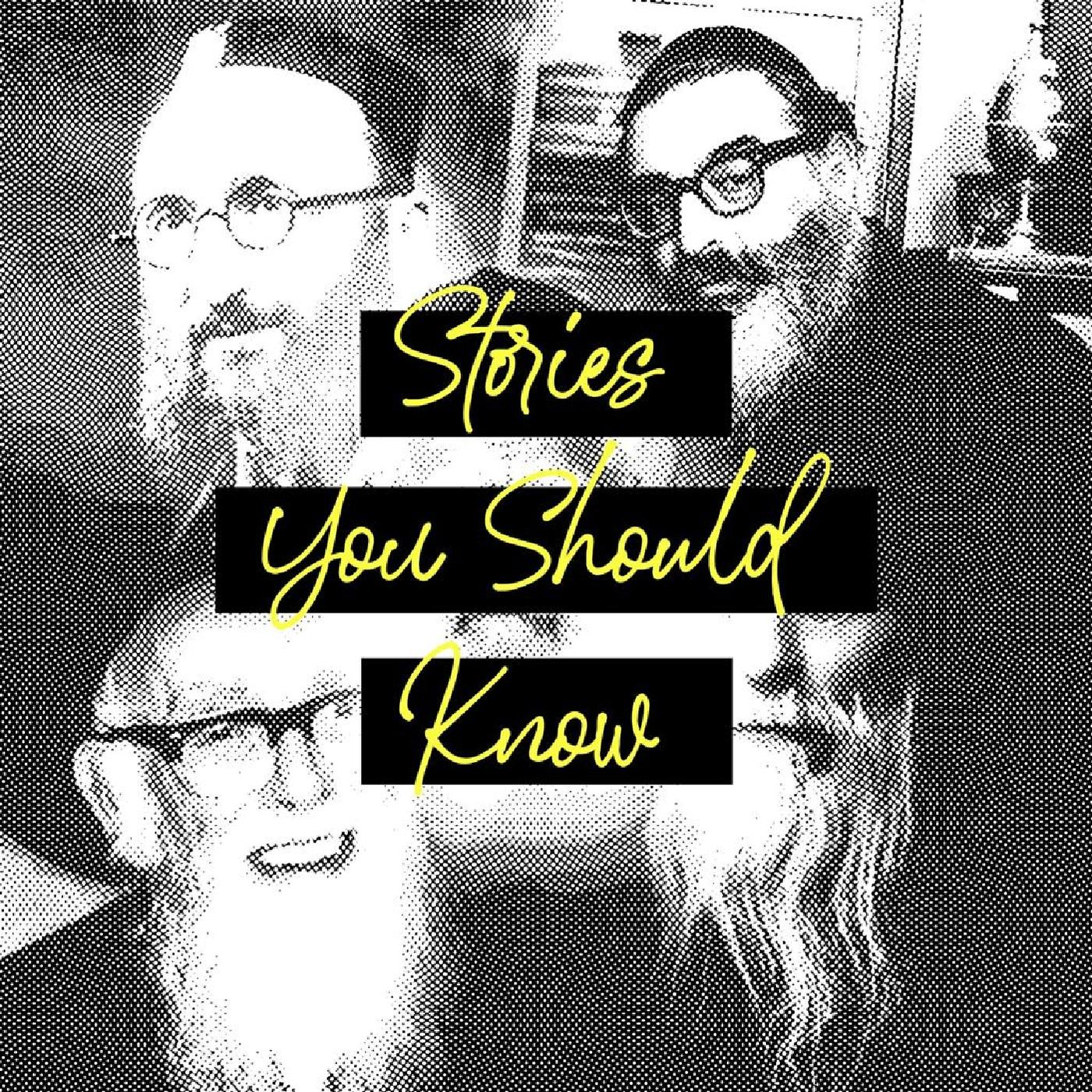
<span style='color: rgb(0,0,0);background-color: rgb(255,255,255);font-size: 10.5pt;font-family: Microsoft Yahei;'>Rav Moshe Shapira ZT'L once pointed out that there are two opposing definitions and connotations to the root hebrew word ספר. On one hand, it can be the root of the word ספירה, counting, which connotes the limitation of something. In fact, everytime one counts something, one is limiting the object to a certain boundary. If I have five chairs, I do not have six. However, that same root word ספר can also be used for the word סיפור, story. This carries the exact opposing connotation in the sense that a סיפור, story, is meant to reveal or expand beyond limitation. Rav Moshe Shapira's idea is that when a person tells a story, the purpose is to illuminate, clarify, and enlighten. Knowing this, there must be a central role that stories play in our lives.</span></p> <span style='color: rgb(0,0,0);background-color: rgb(255,255,255);font-size: 10.5pt;font-family: Microsoft Yahei;'>In the process of building one's outlook on the world (hashkafa), there's a limitation that is apparent. We have all the books, all the letters, and all of the ideas expressed of our Sages. We know what their opinions were in terms of law and we know the ideas that they espouse in their works on the development of one's character. However, oftentimes one can't crystallize an idea until he hears a personal example as to how the idea was applied. For example, Rav Dessler famously categorizes people of the world into givers and takers. But even after going through his essay, one can still remain with questions regarding the parameters and extent of when one should give. Should I give my time to others at the expense of my learning? Is thinking about another person included in the giving process? Would it be worthwhile to dedicate many hours to acts of giving at the expense of one's sleep and personal time? These questions remain, that is, until you hear the stories about how he applied these very ideas that he speaks of. When we hear the stories, it illuminates, guides, and clarifies for us the ideal we should be striving for and brings the ideas of character development and the sayings of our Sages to life. In other words, on one hand, there are the books, ספרים, which are incredible but in a sense limiting. And then there are the stories, which reveal and burst forth with clarity and energy.</span><br></p> <span style='color: rgb(0,0,0);background-color: rgb(255,255,255);font-size: 10.5pt;font-family: Microsoft Yahei;'>This is the purpose of this podcast. To share the stories that built us and formed us as a nation. To share the stories of our leaders. To share the story of our history. To share the stories that shape our outlook. To reveal and give over all the stories that you should know.</span></p> </p> To join the whatsapp group with all new stories posted twice per week, https://chat.whatsapp.com/HjPZ4SYha1P6VdIyG7fEy3<br></p>